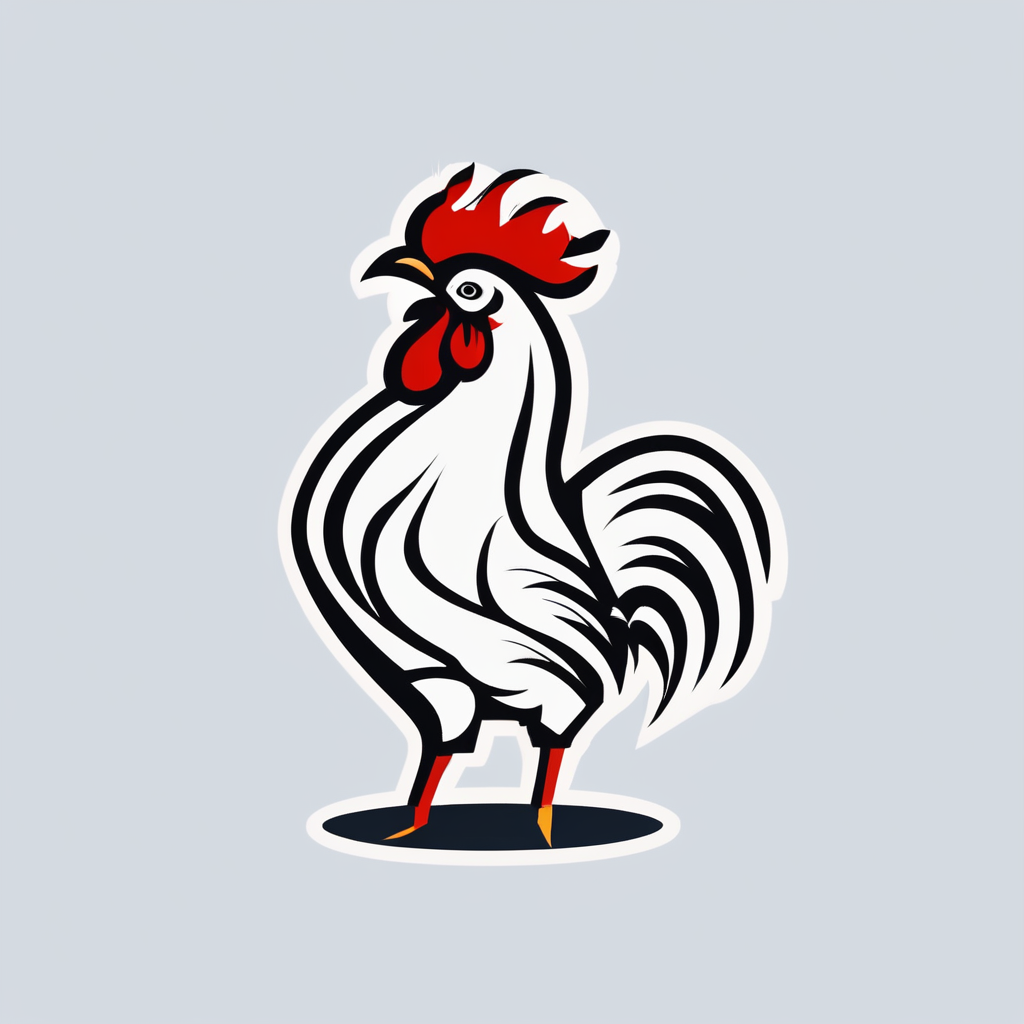Importance of Genetic Diversity in Farm Animals
Genetic diversity refers to the variety of genes within an individual species; for farm animal breeds, it is crucial for their survival and productivity. Historically, genetic variety has played a significant role in ensuring food security and supporting farming resilience. It has allowed farmers to select traits from a pool of diverse breeds, which is essential for adapting to changing environmental conditions and demands.
When genetic diversity is reduced, agriculture faces several risks. A limited gene pool can lead to decreased livestock productivity, making animals more susceptible to diseases and less adaptable to climate changes. This vulnerability can ultimately impact food supply, as it limits the ability of farm animal breeds to withstand harsh conditions and changing climates. For instance, monocultures in farms have shown decreased resilience, demonstrating the importance of maintaining genetic variety.
Cela peut vous intéresser : Top Techniques for Rehabilitating Rescue Foxes in Urban UK Settings: A Comprehensive Guide
Preserving genetic diversity ensures continued access to traits that may be needed in future breeding programs. This diversity acts as a buffer, providing farmers with a range of options to manage pests, diseases, and unexpected weather patterns. The importance of preserving genetic diversity in farm animals cannot be overstated, as it underpins the sustainability of agriculture globally.
Current State of UK Farm Animal Breeds
The UK farm animal breeds encompass a diverse range of species, each contributing uniquely to the agricultural landscape. However, the genetic status of these breeds has become a growing concern. Studies indicate that several traditional breeds face potential declines, pushing them towards possible extinction risks. Statistics highlight that more than 15% of UK farm animal breeds are threatened, underscoring the urgency to preserve their genetic diversity.
A lire également : Top Strategies for Maintaining a Nutritious Vegetarian Diet for Your Cherished Guinea Pig
The importance of maintaining a varied gene pool is crucial not only for the survival of these breeds but also for safeguarding the agricultural industry’s future. Diverse genetics provide resilience against diseases and environmental changes, key factors that ensure sustainable farming practices. For example, the rare Lincoln Longwool sheep, valued for its resilience and wool quality, exemplifies how genetic diversity can enhance farm animal viability.
Efforts to conserve these valuable genetic resources are underway, but broader public and institutional support is vital. Collaborative initiatives between breeders, organizations, and the government are essential to address declining numbers, ensuring these breeds remain a vital part of the UK’s agricultural heritage.
Conservation Efforts and Strategies
Preserving genetic diversity amongst UK farm animal breeds is crucial for ensuring agricultural resilience. Several conservation strategies are in place, spearheaded by national organizations dedicated to maintaining a varied gene pool. These initiatives include the Rare Breeds Survival Trust and the UK National Breed Conservation Strategy, which focus on monitoring and supporting endangered breeds.
Successful breed preservation examples showcase these efforts. The Exmoor Pony Project, for instance, highlights collaborative approaches between farmers and conservationists, achieving notable improvements in the breed’s population. These case studies underscore the importance of adopting tailored strategies to address specific challenges faced by different breeds.
The role of farmers, consumers, and policymakers in conservation cannot be overstated. Farmers are encouraged to maintain diverse breeding practices while consumers can drive demand for products derived from rare breeds, ensuring their economic viability. Policymakers foster supportive environments through legislation and funding, facilitating broader conservation initiatives. By pooling resources and efforts, these stakeholders ensure that valuable genetic traits are preserved for the future, bolstering the resilience of the UK’s agricultural heritage.
The Role of Genetic Diversity in Resilience
Genetic diversity plays a crucial role in enhancing the resilience of farm animal breeds, particularly in the face of climate change and disease incidents. A diverse gene pool significantly bolsters an animal’s ability to fight off infections and adapt to fluctuating environmental conditions. When genetic diversity is robust, livestock displays increased resistance to diseases, reducing the reliance on medical interventions and antibiotics.
Climate change has unleashed unpredictable weather patterns, posing a threat to agriculture. However, breeds with varied genetic traits can endure harsh climates, contributing to sustained productivity. For example, the Scottish Highland cattle thrive in cold, rugged terrains due to their genetic adaptability, demonstrating resilience where other breeds struggle.
Breed resilience, fostered by genetic diversity, not only maintains current farm productivity but also offers a pathway to future agricultural practices that efficiently counter climatic shifts. This adaptability is a vital asset to overcoming multiple challenges, confirming that maintaining genetic diversity is not just beneficial but essential in navigating a world with unstable climate conditions and emerging diseases. By prioritizing genetic diversity, farm animal breeds can continue to contribute effectively to agricultural success.
Future Directions for Genetic Diversity Preservation
Future strategies for genetic diversity preservation are pivotal for ensuring the sustainability of farm animal breeds in the UK. Current challenges highlight the need for innovative approaches. For instance, genomic technologies offer avenues for enhancing genetic preservation. These technologies can identify and track genetic traits critical for resilience and adaptation, allowing for more informed breeding decisions.
Exploration of potential strategies involves increasing awareness and education among breeders and farmers. Empowering stakeholders with knowledge fosters proactive conservation actions. Public engagement campaigns can play a significant role in emphasizing the importance of maintaining diverse gene pools.
Integrating genetic diversity into sustainable agricultural practices is essential. Utilizing agroecology, which respects natural biological processes, can help maintain genetic variety while boosting productivity. Encouraging farmers to adopt agroecological methods supports both biodiversity and farm efficiency.
Furthermore, tailored policies and funding initiatives are necessary to support breed conservation projects. The government’s role is to facilitate these efforts through research grants and subsidies, ensuring that genetic diversity remains a national agricultural priority. These concerted actions spell promise for the future of farm animal genetic preservation.
